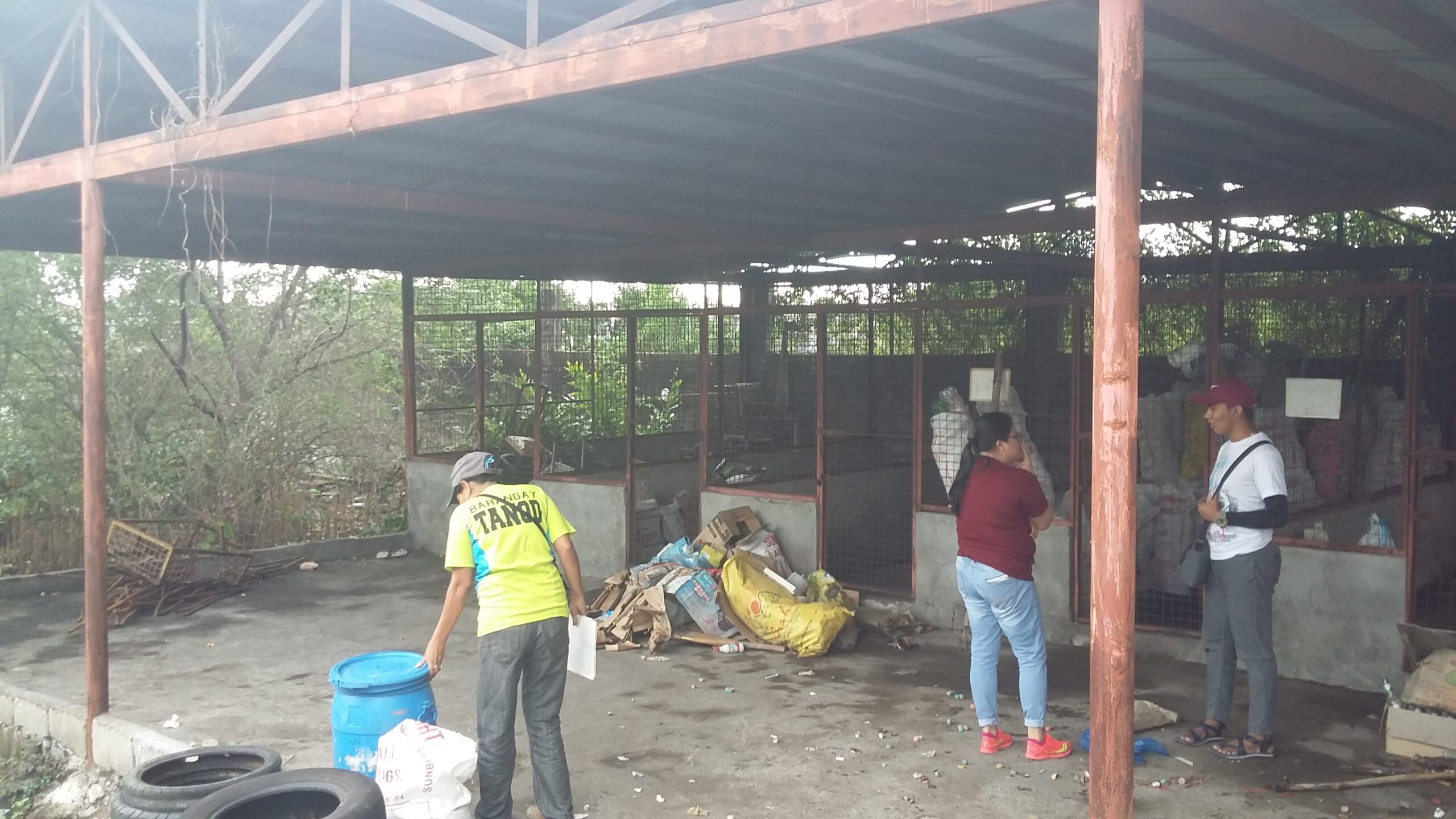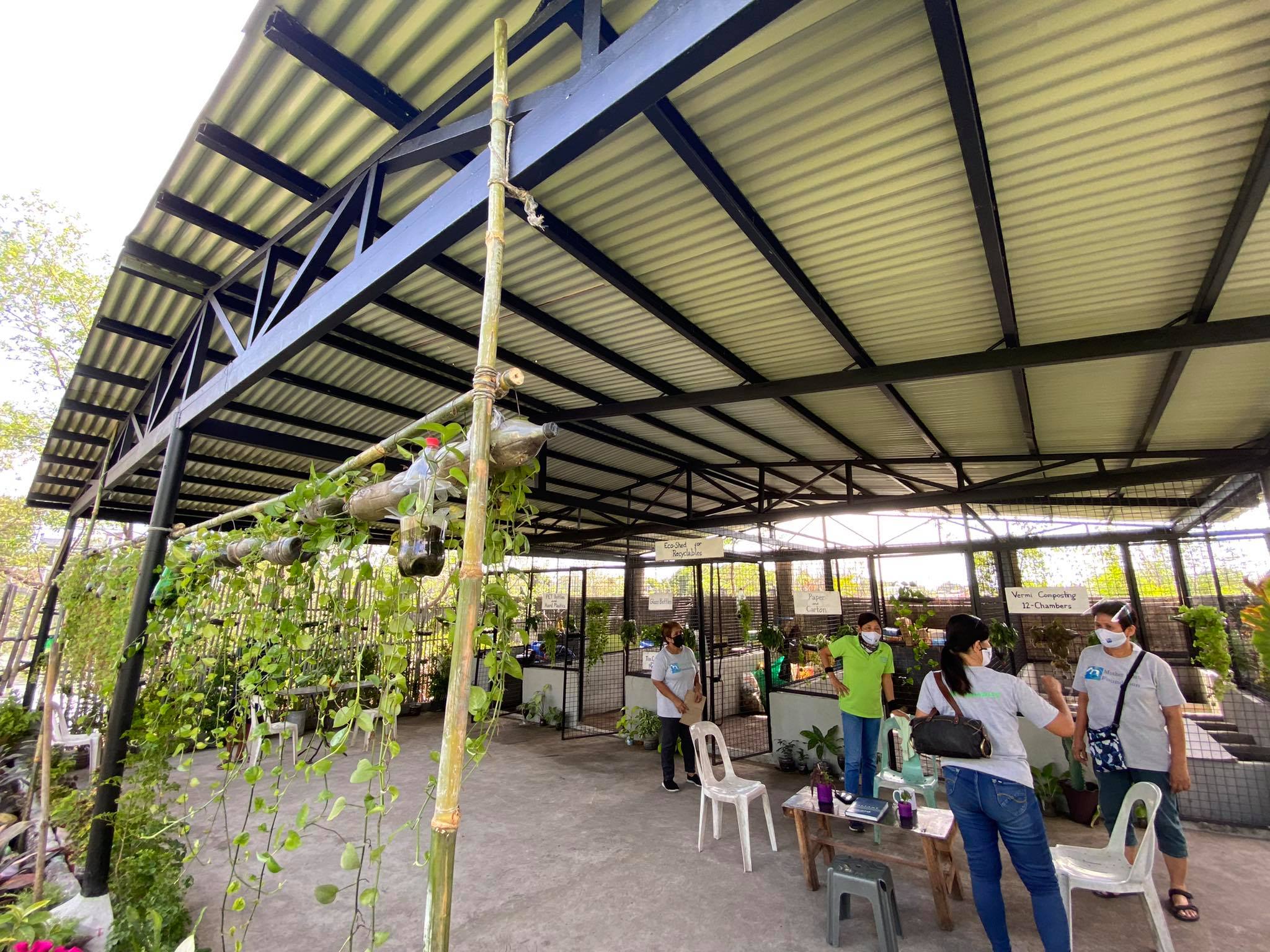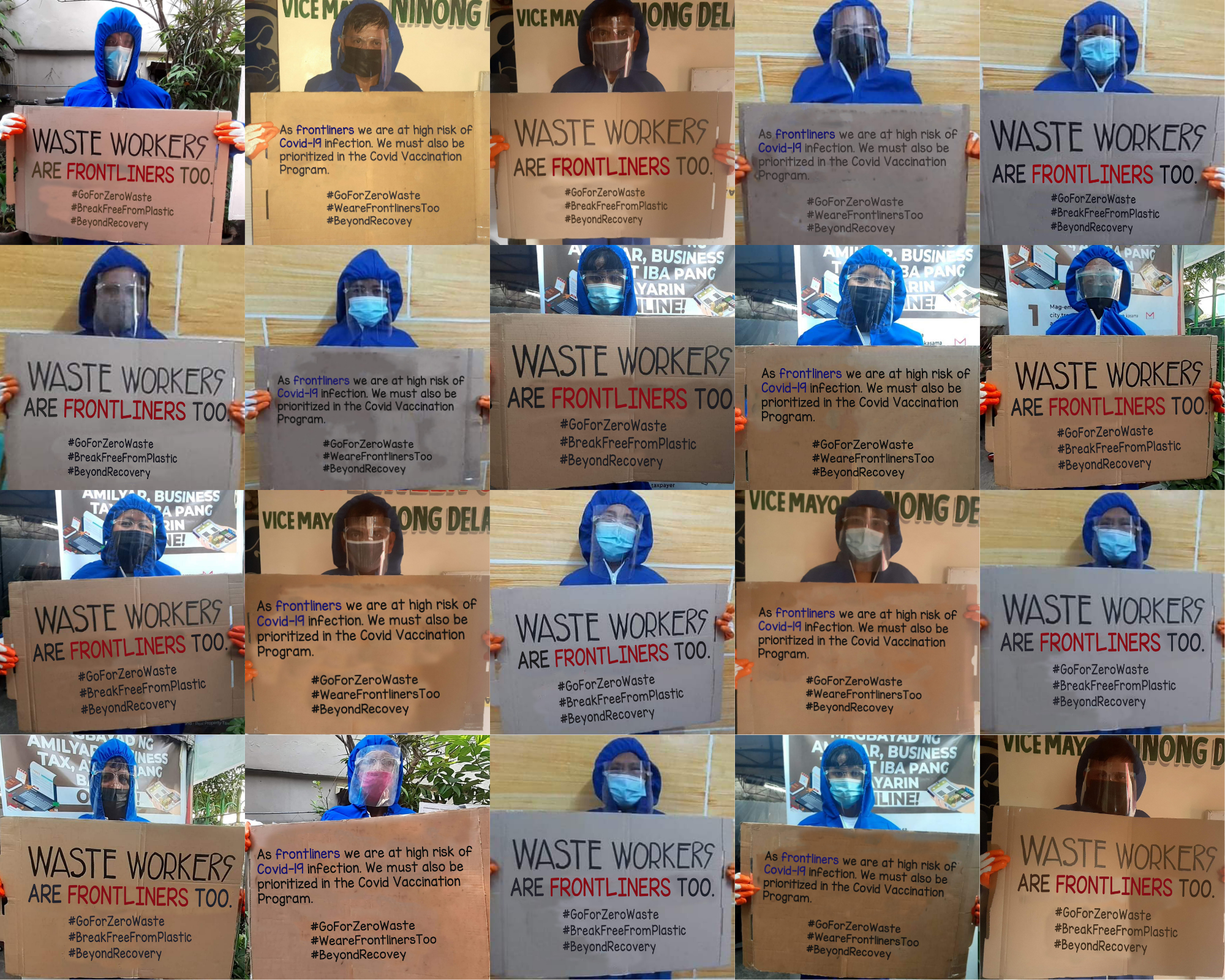Turning tides in the Philippines

The Philippines is the third largest contributor of mismanaged plastic waste into the ocean, with 0.28 to 0.75 million tons annually. (Jambeck et. al. 2015). Much of these plastic wastes entering the ocean is attributed to the coastal communities in urban areas, such as Metro Manila. The Reducing Plastic Leakage into the Ocean Project, a development partnership with Holcim and GIZ, aimed to improve land-based waste management to prevent plastic leakage into the Manila Bay by applying environmentally and socially sound waste management solutions.
The Project partnered with Mother Earth Foundation, a local NGO active in ecological waste segregation and collection, and the cities of Malabon and Navotas, which are highly dense, rapidly urbanizing cities adjacent to the Manila Bay.
The Project was implemented from 2018 until 2022. During its implementation, capacity development on proper solid waste management for local government officials and community members, and occupational safety and health, skills training and organisational development for waste workers had been conducted. These resulted to improved waste collection services, especially in small villages with informal sectors, with additional 85,677 people receiving source segregation services. Another astonishing result is the improved awareness of people. After the project, 393,000 people in both cities had better awareness how to avoid marine litter and improve waste management in their households.

The Project believed that the waste workers play an important role in reducing plastic leakage into the ocean. Improving the waste workers’ compensation and working conditions would increase their efficiency and make them more productive. Having this in mind, the Project formed the Malabon-Navotas Waste Workers’ Association (MaNaWWA). The MaNaWWA has already been registered to the Philippines’ Department of Labor and Employment, and can avail of government services and benefits, such as livelihood assistance, trainings, and financial resources. The members have also been trained on occupational safety and health and are given PPEs at the height of the pandemic to ensure their health and safety as they perform their tasks. Right now, they almost have 300 members, with a set of officers that were trained on organisational development, human rights, and gender sensitivity. They are currently working on availing social protection and health insurance for all the members.
The Project, through Geocycle Philippines, supported the rehabilitation of twenty-two Materials Recovery Facilities (MRF) in both cities. These MRFs greatly helped in the diversion of more than 50% of the two cities’ waste from dumps, landfills, waterways and the Manila Bay, which amounts to 630 tons of plastic annually. This diversion resulted to reduction of 12,000 tons of CO2 emissions due to substituted primary plastics and 1,200 tons of CO2 due to reduced landfill gas in Manila.
Although the Project may seem to be a success, its implementation was very challenging. Hesitant community members, bullying of waste workers, frequent typhoons and flooding, and the COVID-19 pandemic are just some of the difficulties faced by the Project. Although the Project has officially ended last July 2022, it was a joy to know that the initiatives are continued by the local partners and the waste workers’ association. We hope that the lessons learned and the successes of this Project would be sustained and would serve as an inspiration to future similar projects.

Link to further materials
- Turning the tide by reducing marine litter and plastic leakage into the ocean (giz.de)
- Replito-factsheet4_Final.pdf (snrd-asia.org)
Contact person
Katherine C. Viñegas — Senior Advisor
Reducing Plastic Leakage into the Ocean (finished)
Institutional Strengthening of the Biodiversity Sector in the ASEAN
Key buzzwords
Marine litter, Manila Bay, Philippines

